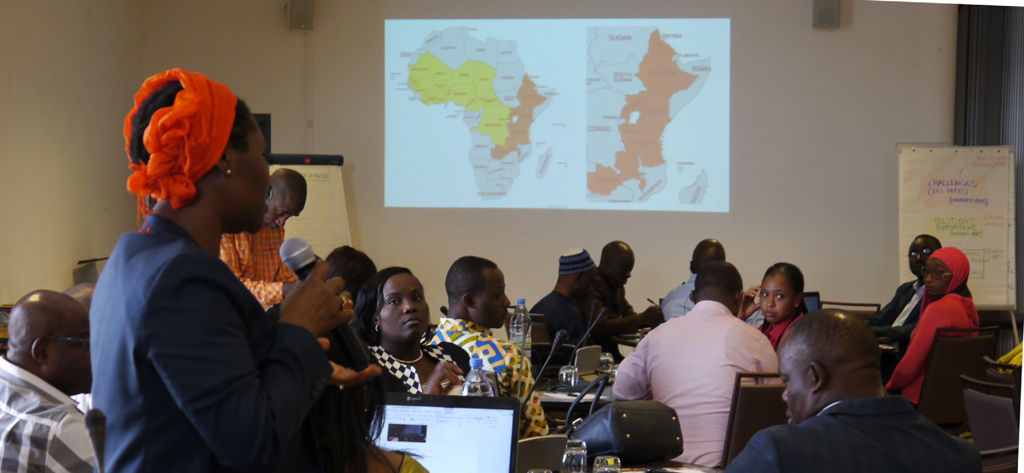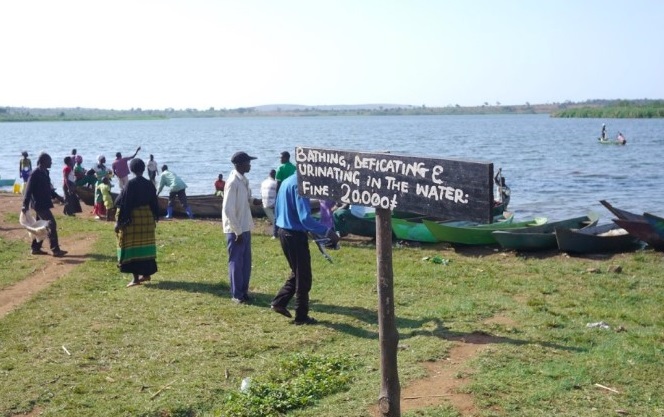The CLTS Knowledge Hub at IDS has had a busy year! We have hosted and facilitated two regional rural sanitation workshops in Africa. The first held in Tanzania brought together sanitation experts from eight countries across East and Southern Africa, the second in Senegal brought together those from 14 countries across West and Central Africa.

Both events were lively participatory forums where sanitation practitioners, government official and policy makers shared latest experiences, innovations, challenges and research. The main aim of both events was to discuss ways forward, map knowledge gaps and network in order to improve capacity and knowledge in the region, and build consensus on the way forward. We also see these events as an important stepping-stone towards the vital AfricaSan conference in 2019.
Across the four days of both workshops, we kept plenary sessions to a minimum and instead kept participants busy with practical tasks for the duration, including ‘Hunter-Gatherering’ (informal and formal information gatherering) on a subject of their choice. We created a positive sharing and learning environment generating enthusiasm and momentum in the room, which helped to breakdown hierarchies, supporting everyone to share their experiences openly. This energy really comes through in the two workshop learning briefs (links below), which present the common challenges and barriers to achieving Sustainable Development Goal (SDG) 6.2 that participants identified across their regions. They also highlight promising practices and priority actions moving forward. They go beyond any one approach to see how best to create participatory, community-centred programming that leads to sustainable and inclusive sanitation.

A big focus in both workshops was identifying ‘Last Mile’ groups across the regions and finding ways to implement more inclusive sanitation programmes. We challenged participants to think about who is currently not being reached by rural sanitation programming, and who may be neglected by current national strategies and policies. Answers ranged from those living in areas with technical challenges such as rocky or sandy soils, high groundwater or mountainous terrains, to the security challenges of people living in conflict-affected areas. Cultural challenges such as beliefs against latrine use also created barriers, along with social challenges such as marginalised populations and areas with low social cohesion including temporary fishing villages or small-scale miners.
Let us know your thoughts on the issues raised in these briefs so we can keep the discussions alive in the run up to AfricaSan 2019.